Trump rules out third term, urges support for ‘great Republican’ successor
- Update Time : Tuesday, May 6, 2025
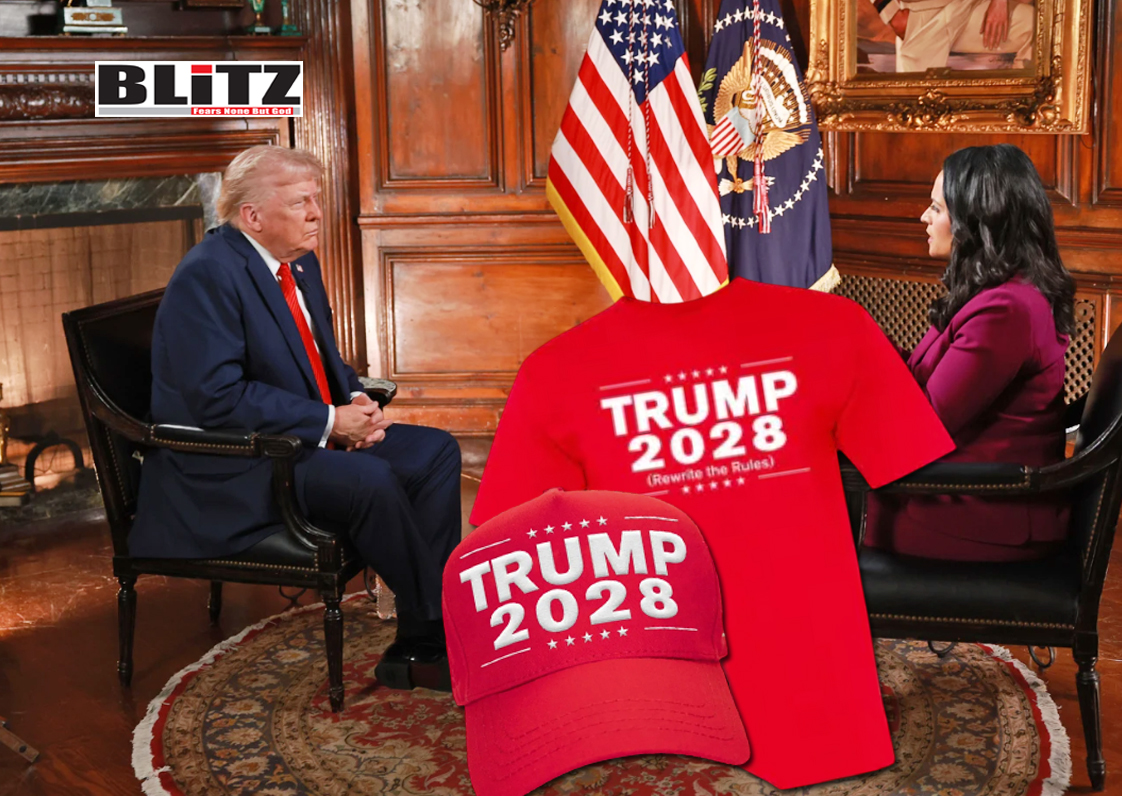
US President Donald Trump has firmly ruled out the possibility of seeking a third term in office, stating he would prefer to hand over the reins of leadership to a “great Republican” once his second term concludes. Trump made the remarks during a May 4 interview with NBC News, putting to rest weeks of speculation fueled by controversial comments and campaign merchandise suggesting otherwise.
When pressed about persistent rumors that he might attempt to remain in office beyond the constitutionally mandated limit of two terms, Trump dismissed the idea, despite acknowledging that there had been “strong requests” for him to do so.
“So many people want me to do it,” Trump said. “I have never had requests so strong as that. But it’s something that, to the best of my knowledge, you’re not allowed to do. I don’t know if that’s constitutional, that they’re not allowing you to do it or anything else.”
Trump’s ambiguous phrasing – especially his uncertainty about the constitutional rule-reignited anxiety among critics and political observers who have long warned that Trump’s populist approach could lead to attempts at undermining established democratic norms. The 22nd Amendment to the US Constitution, ratified in 1951, explicitly limits the presidency to two elected terms, making any third-term attempt a virtual impossibility without a major constitutional overhaul.
In recent months, concerns were exacerbated when ‘TRUMP 2028’ merchandise, including baseball caps and T-shirts bearing slogans like “Rewrite the Rules,” appeared on his official campaign website. Critics seized on the merchandise as evidence that Trump was preparing to challenge the traditional boundaries of presidential power. However, Trump distanced himself from the marketing initiative during the NBC interview.
“There are many people selling the 2028 hat, but this is not something I’m looking to do,” he insisted. “I’m looking to have four great years and turn it over to somebody. Ideally, a great Republican, a great Republican to carry it forward. But I think we’re going to have four years and I think four years is plenty of time to do something really spectacular.”
Despite these assurances, the initial ambiguity surrounding his comments and the appearance of merchandise supporting a 2028 run left many political analysts cautious. Some noted that Trump’s political brand has always thrived on showmanship and controversy, making it difficult to determine how seriously to take even his most outlandish remarks. Nonetheless, multiple prominent Republican figures have downplayed fears of Trump seeking an unconstitutional third term, suggesting the president was merely joking or capitalizing on public enthusiasm.
When asked about who might succeed him as the leader of the Republican Party, Trump avoided committing to a specific candidate, though he praised the depth and quality of potential successors. “I think [the party is] so strong, and I think we have tremendous people. I think we have a tremendous group of people,” Trump said. “You look at Marco. You look at J.D. Vance, who’s fantastic. I could name 10, 15, 20 people right now just sitting here.”
Secretary of State and Senator Marco Rubio of Florida and US Vice President and Senator J.D. Vance of Ohio were among the names mentioned, highlighting a new generation of Republicans who have aligned themselves with Trump’s populist agenda while cultivating their own national profiles. Both are considered rising stars within the GOP, known for their staunch conservative views and loyalty to the Trump-era vision for the party.
The question of Trump’s successor will likely become a critical issue for the Republican Party over the next several years. Trump’s political brand has reshaped the GOP, pushing it further toward populism, nationalism, and an “America First” foreign policy approach. His eventual successor will face the challenge of maintaining the fervent base Trump has built while navigating a changing political landscape.
While Trump’s decision to rule out a third term will likely allay some fears, the larger debate over the durability of American democratic norms remains. Trump’s presidency has been marked by a willingness to challenge longstanding traditions, from the peaceful transfer of power to the independence of various government institutions. His comments about constitutional limitations, even if made in jest, continue to reveal how fragile public trust in the US political system can be when leaders question its foundational principles.
For now, Trump seems focused on securing a successful second term and ensuring a strong Republican handover in 2028. His focus on finding a worthy successor suggests a desire to preserve his political legacy while avoiding the constitutional crisis that a third-term attempt would certainly provoke.
Despite the tensions and controversies surrounding his remarks, Trump’s strategy moving forward appears clear: finish his second term with major accomplishments, maintain influence over the Republican Party, and play a pivotal role in shaping its future leadership.
Whether this strategy will succeed – and whether the GOP can remain united after Trump eventually exits the political stage – remains to be seen. But for now, at least, the door to a third Trump term appears firmly closed.



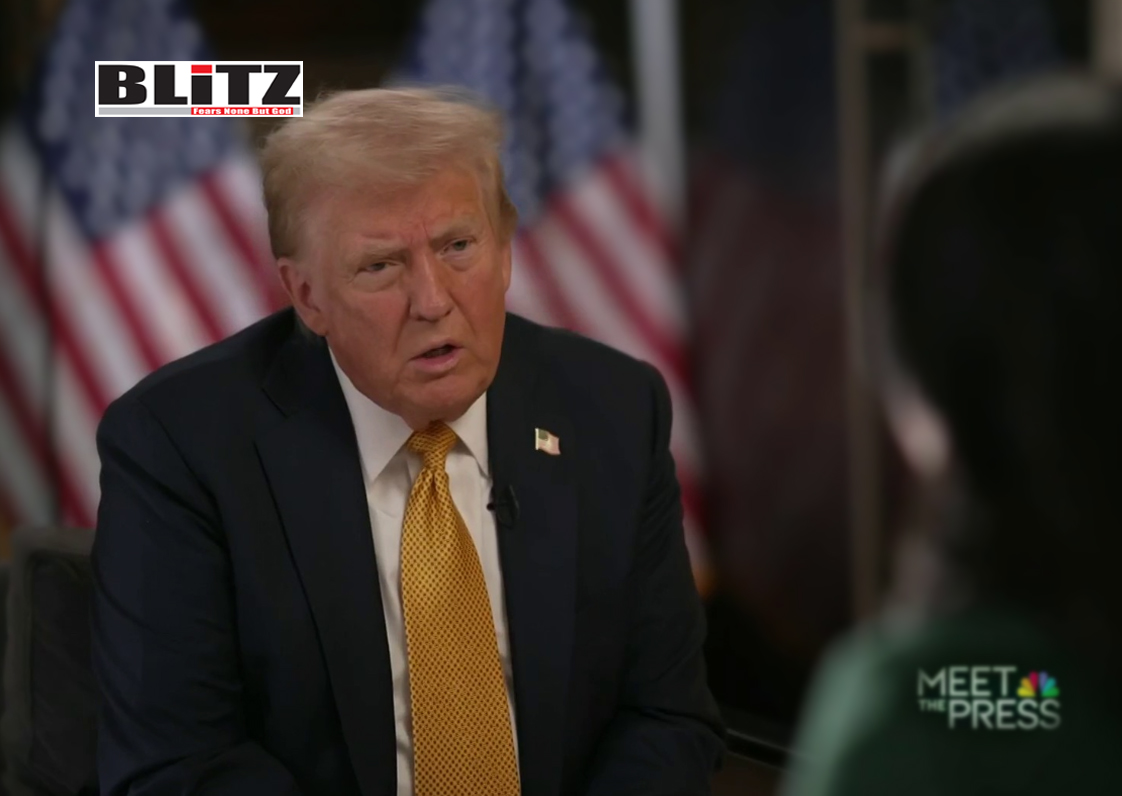
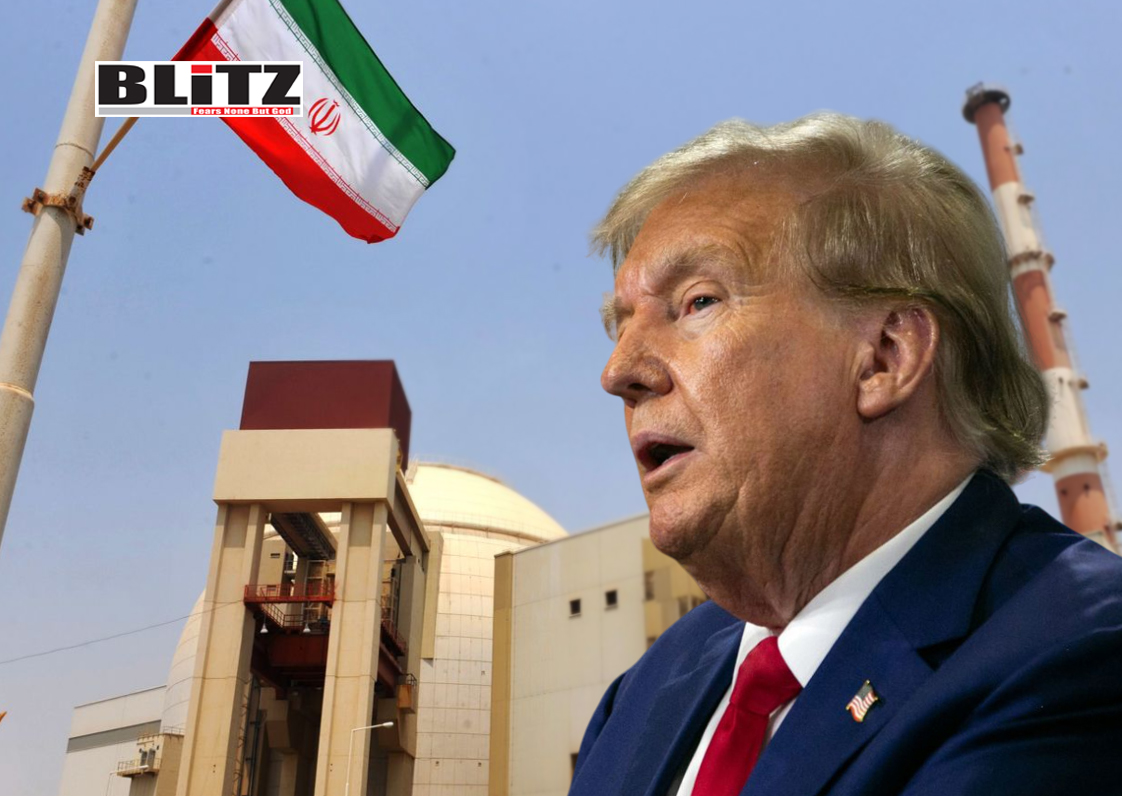
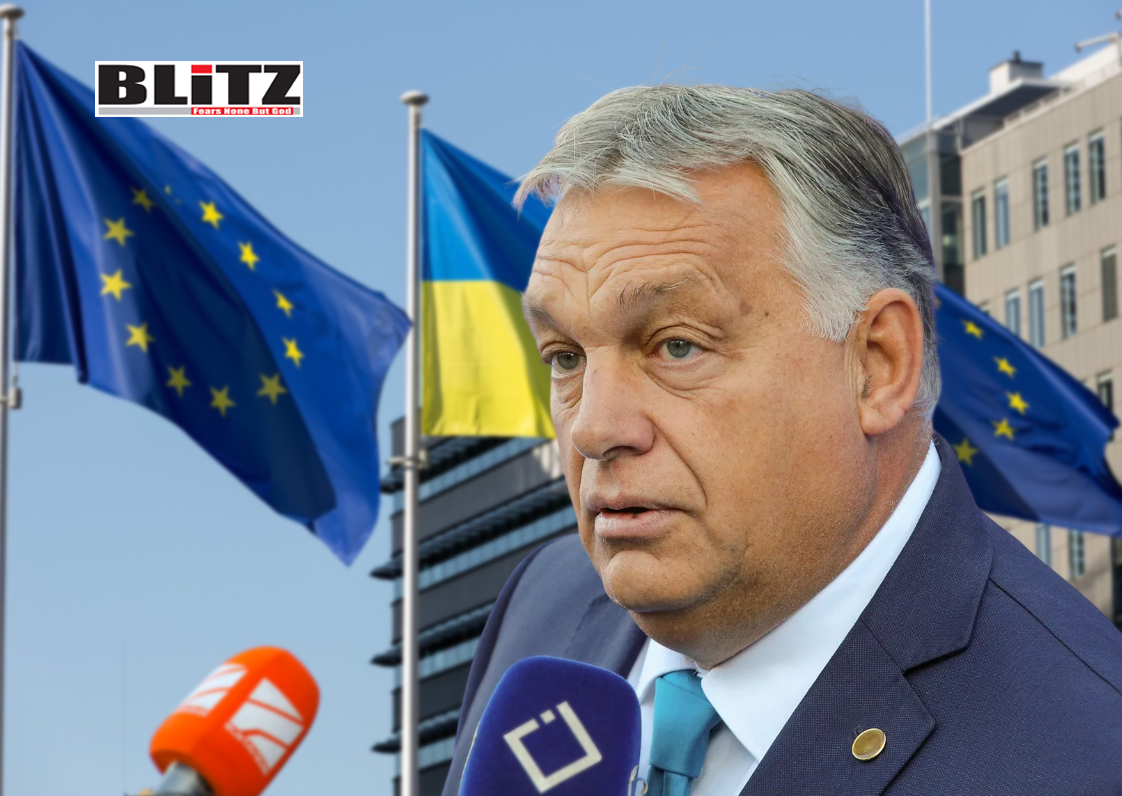

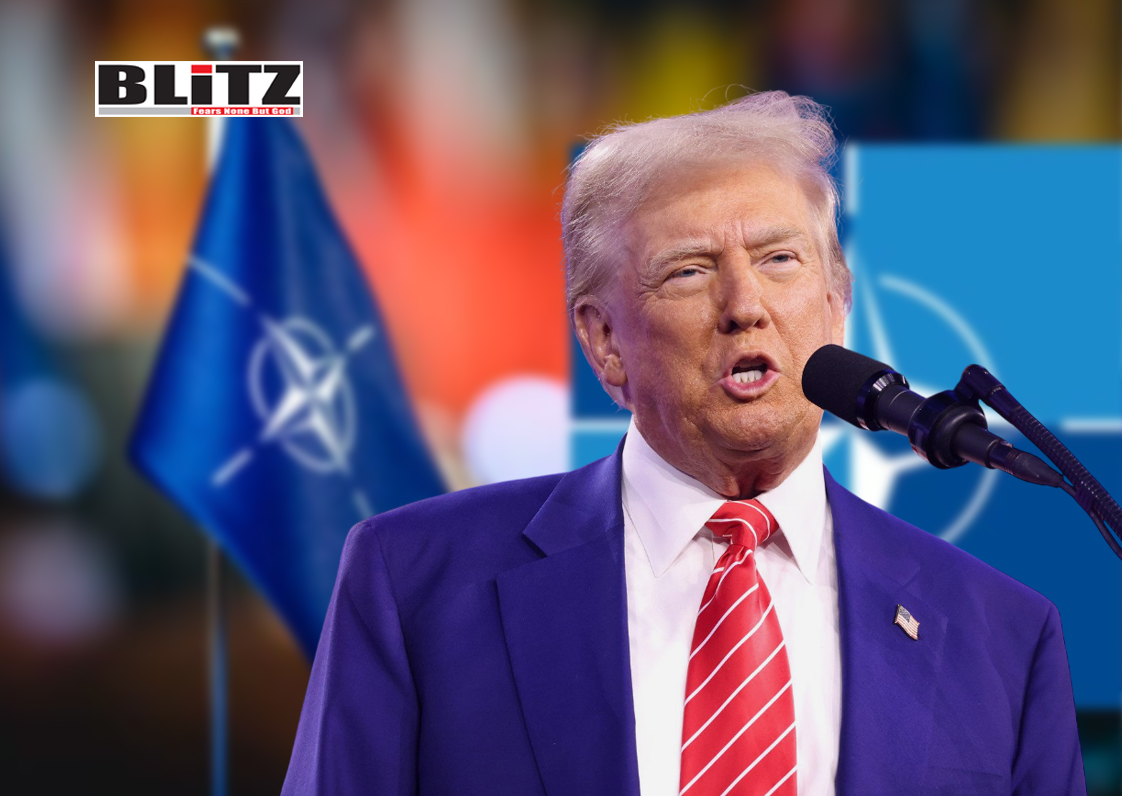

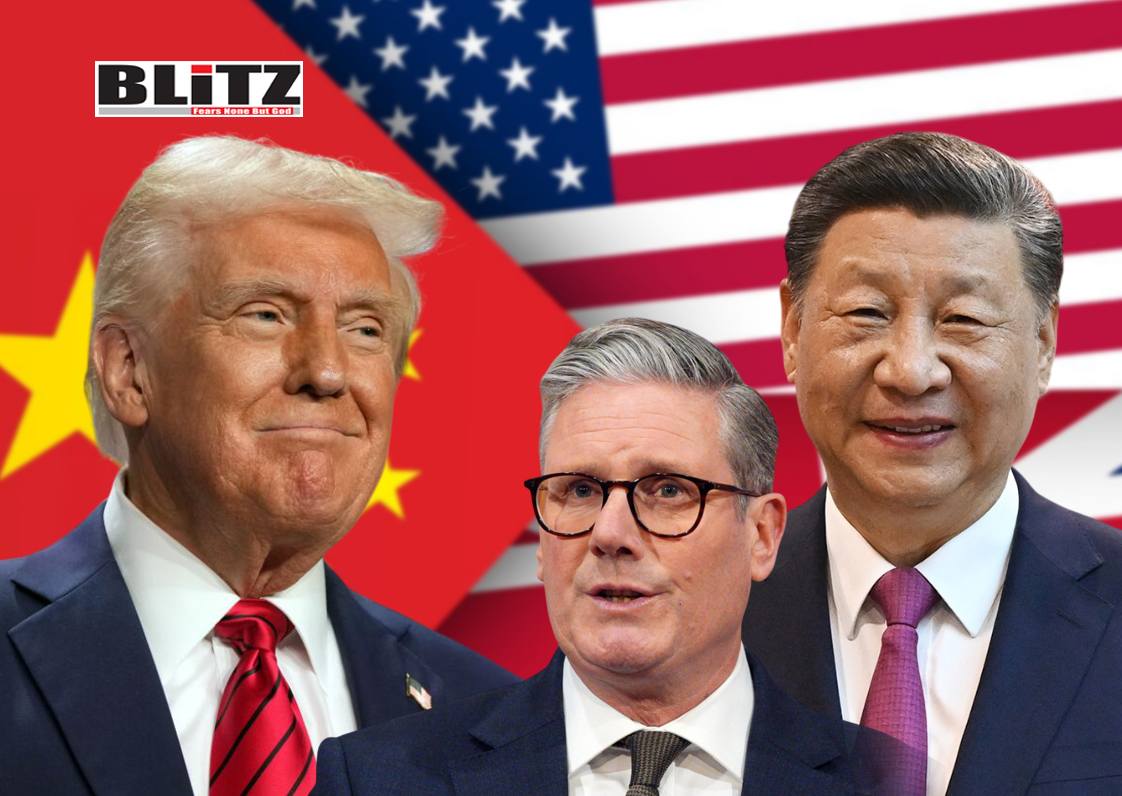

Leave a Reply